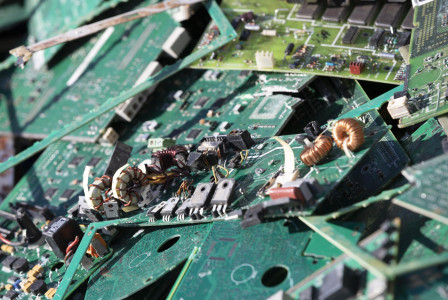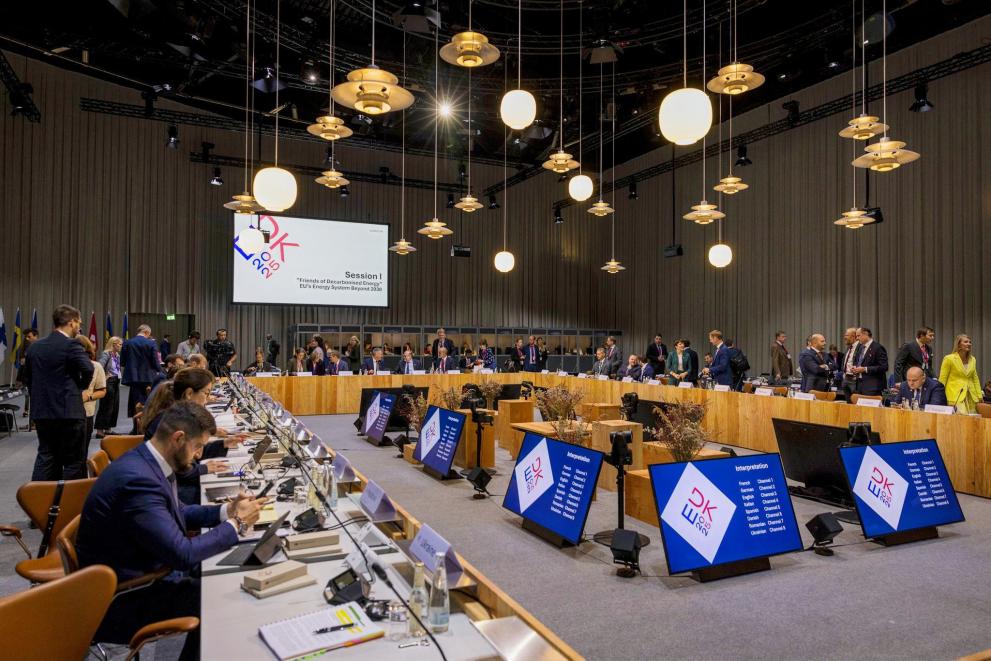News & articles
18 August 2025
Waste management: a key to lower EU emissions
News & articles
18 August 2025
Green transition
Login / create an account to be able to react
-
15

Proper waste management can significantly reduce greenhouse gas emissions in the EU.
Editorial team
European Commission
Topics
Albania
Armenia
Austria
Belgium
Bosnia and Herzegovina
Bulgaria
Croatia
Cyprus
Czechia
Denmark
Estonia
EU-27
Finland
France
Georgia
Germany
Greece
Hungary
Iceland
Ireland
Italy
Kosovo
Latvia
Liechtenstein
Lithuania
Luxembourg
Malta
Moldova
Montenegro
Netherlands
North Macedonia
Norway
Poland
Portugal
Romania
Serbia
Slovakia
Slovenia
Spain
Sweden
Switzerland
Türkiye
Ukraine
Other
EU Institutions
-
Policy type
-
-
Green transition
-
Share
Currently, EU waste management lowers EU annual greenhouse gas (GHG) emissions by around 1 %, in contrast with global waste management which is a net emitter. As much as 83 % of the EU emissions saving is driven by highly successful metal waste management. This largely offsets the emissions from managing major waste types such as plastics, textile and biowaste, as their recycling rate is relatively low – they often tend to end up in mixed waste, an important contributor to emissions.
These are some of the main findings published in the scientific paper ‛Comprehensive assessment of environmental and economic impacts of the entire EU waste management system’, a research collaboration between the Joint Research Centre of the European Commission and the Technical University of Denmark.
The study bridges a gap between generated and collected waste, considers all waste streams and applies Life Cycle Assessment (LCA) and Life Cycle Costing (LCC). It quantifies the environmental impacts across 16 categories (e.g. climate change, particulate matter, ozone depletion) and the economic costs linked to the treatment and disposal of all 16 waste types. Finally, the authors also identify areas for improvement.
The study highlights the need for more efforts to reduce misallocations of recyclable waste to mixed waste. It provides a valuable tool for assessing scenarios, making investment decisions and advancing the EU’s circular economy objectives.
Comments (0)
See also
Highlights from ECHA’s Member State Committee October meeting
- Categories
Energy Union Task Force looks at readiness of energy networks
- Categories
Commission invites feedback on future environmental legislation simplification
- Categories




